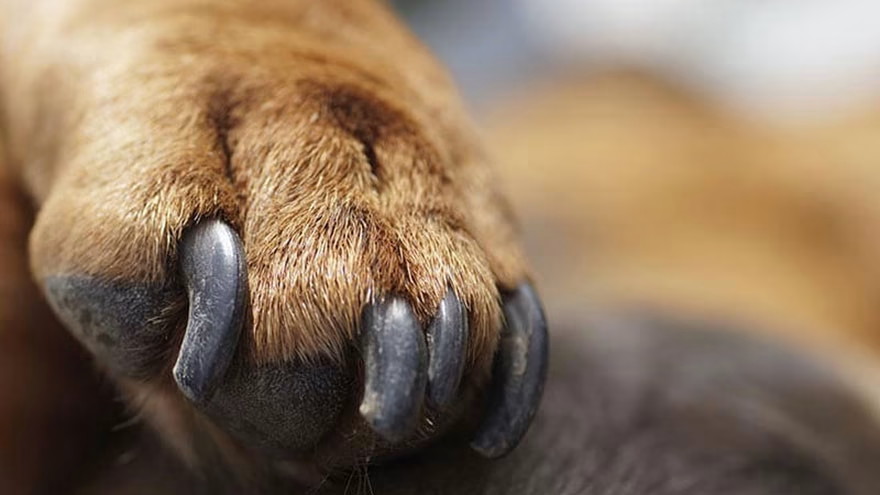Bone infection in dogs is also referred to as osteomyelitis. A bone infection can affect the hard outer layer of the bone, which is known as the cortex, the bone marrow and the periosteum, which is the fibrous bone sheath. Learning more about this condition can help you make important decisions about your dog's health.
Cause
Bone infection in dogs can result when bacteria invade the bone after an injury or come from another area of infection on the dog's body. The invading bacteria, which are called pathogens, kill off the white blood cells, which release enzymes and create swelling in the affected tissues. The bone infection spreads when the dog's body is not able to contain and destroy the pathogens.
Identification
Fever, limping and depression are all indications that your dog might have a bone infection. If the dog has recently been injured, the wound might be abscessed, meaning that there is an enclosed pocket of liquefied tissue over the affected area. A dog who is affected by a bone infection may also be uninterested in food and the affected area will likely be swollen.
Treatment
Antibiotic therapy can destroy the infecting pathogen. A persistent bone infection where the dog's body cannot fight off the pathogens independently will demand surgery. If the infection occurs as the result of a wound, a veterinarian will irrigate the wound and will need to remove all of the dead and infected tissue. In severe cases of a bone infection in a limb, amputation might be required.
Post-surgical Care
After surgery, you need to restrict the dog's activity as the bones and flesh heal. Even if the vet has added an implant to stabilize the bone, the dog will be sensitive and sore until the surgery heals. After surgery, it is important to watch for signs of new infection and to make sure that further treatment is not necessary.
Considerations
Bone infections can be chronic. It is possible that an infection will return at a later point in the dog's life, when its immune system is depressed, and the round of treatment will start again. If your dog has a bone infection, speak with your veterinarian about the likeliness of this occurring and what kind of treatment your dog may need to have repeated if it does.You Might Also Like :: Lymphoplasmacytic Rhinitis in Dogs





0 Comments
No comments yet. Be the first to share your thoughts!
Leave a Comment